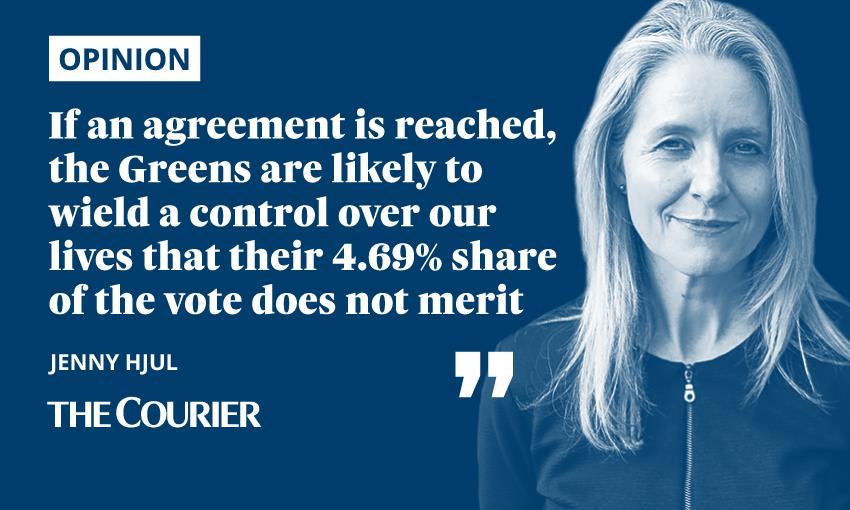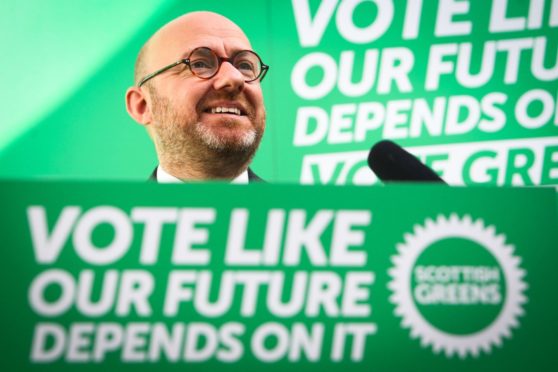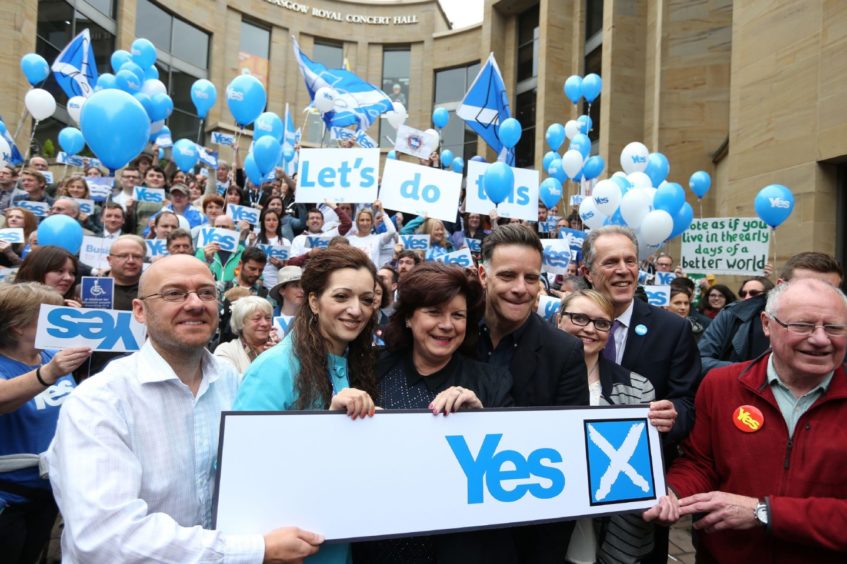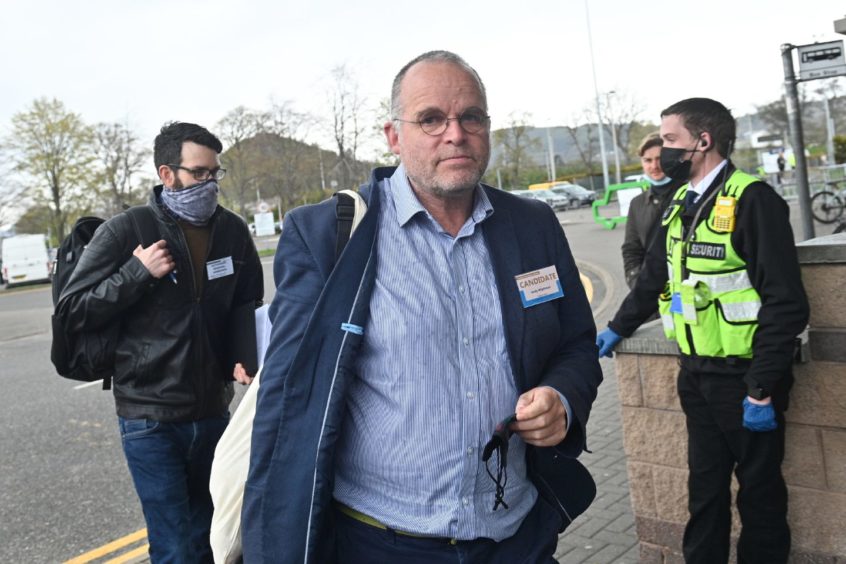There has been considerable disquiet since the Scottish election in May over the SNP’s escalating overtures to the Green Party.
The failure of the Nationalists to secure an overall majority has, as in the past, forced a cosying up with the only other independence supporting movement.
But with talks between the two parties said to be beginning in earnest this week over a more formal partnership, just shy of a coalition, the threat posed by Scotland’s second smallest party (smallest in terms of votes) looms large.
Some of the nuttier Green notions on turning back the industrial clock suddenly need to be taken more seriously, with the prospect of Green MSPs being offered ministerial positions.

To date, it has mostly been the business community sounding the alarm bells – and not surprisingly, given that the Greens, just for starters, want to close down the North Sea oil and gas industry, which employs 100,000 people.
But a new voice has added to the concerns over an SNP/Green pact and it is one the current leadership should, but won’t, listen to.
Robin Harper was the first Scottish Green elected to the parliament in 1999, cutting a lonely figure as the party’s sole representative back then.
The one time Green leader told a Sunday newspaper he was ‘delighted the party had embedded itself in the Scottish political firmament,’ but he also warned that it had lost its focus.
Independence distorts and distracts
This has been evident to everyone outside the party for years but when someone on the inside states the obvious it carries more weight.
Harper criticised the Greens’ preoccupation with independence, which, he said, risked alienating voters who came on board for environmental motives.
The party’s obsession with a second independence referendum – the very reason the Greens have been invited to sit round the table with the SNP – is not the party’s core agenda, said Harper.
‘Independence distorts and distracts from the very powerful messages we should be pushing in relation to climate change,’ he added.
In his day, the party concentrated on issues such as organic farming, but under Patrick Harvie, co-leader since 2008, the parliamentary Greens have been devoted to the separatist cause.
Harper knows his party better than the new guard, however; a recent poll by Lord Ashcroft showed that around half of Scottish Green voters are ambivalent about independence.
It is, or certainly used to be, a broad church, said Harper, who believes countries should be ‘bound together’ for the sake of global issues, not split and divided.
This won’t go down well with Harvie and co. Elsewhere in Britain, Green activists and politicians do still campaign principally on eco issues, but in Scotland the party has been hijacked by extremists with a leftist agenda that makes Nicola Sturgeon’s SNP look almost moderate.
Wightman departure a blow
As Harper talks benignly of how greater cooperation around the UK could benefit Scotland, he is clearly out of step with his former political colleagues.
And so was another high-profile and environmentally motivated Green, who quit last year over the party’s radical stance on a matter completely unconnected to saving the planet.
Andy Wightman walked out, ultimately sacrificing a well-paid Holyrood job, over the Scottish Greens’ uncompromising position on gender recognition reform.
He objected not just to the stance taken by Harvie and co-convenor Lorna Slater on transgender policy, which he feared imperilled women’s rights, but also to the ‘censorious’ attitude of the party and its refusal to tolerate any deviation from its hardline views.
Today’s Scottish Greens have been dubbed neo-Marxists for their insistence on wealth and land redistribution, but their manifesto promises are more ambitious than the far left’s.
They would ban just about everything that makes the world as we know it work, from efficient food production to transport to travel to heating. They are triumphantly anti-growth and anti-progress.
All this we, the Scottish electorate, knew when we went to the polls. The Greens did not get a massive share of the total vote – just 4.69%, well behind the 22.62% the Scottish Conservatives polled, for example.
Even the Liberal Democrats won more votes, but Scotland’s electoral system awarded the Greens eight seats (down to seven with Alison Johnstone becoming presiding officer).
The focus now must be on trying to halt any further advance of Green zealotry in Scottish life
It is enough, though, for them to hold the balance of power in a pro-independence minority government.
We can question why voters gifted such influence to a party that would systematically destroy Scotland’s economic recovery it if got the chance. But the focus now must be on trying to halt any further advance of Green zealotry in Scottish life.
While we can all get behind sensible moves to protect the environment, the present management is not the rightful custodian of the old Ecology Party’s legacy.
Voters who want a truly Green platform should heed Harper’s words and demand a return to legitimate Green values.


